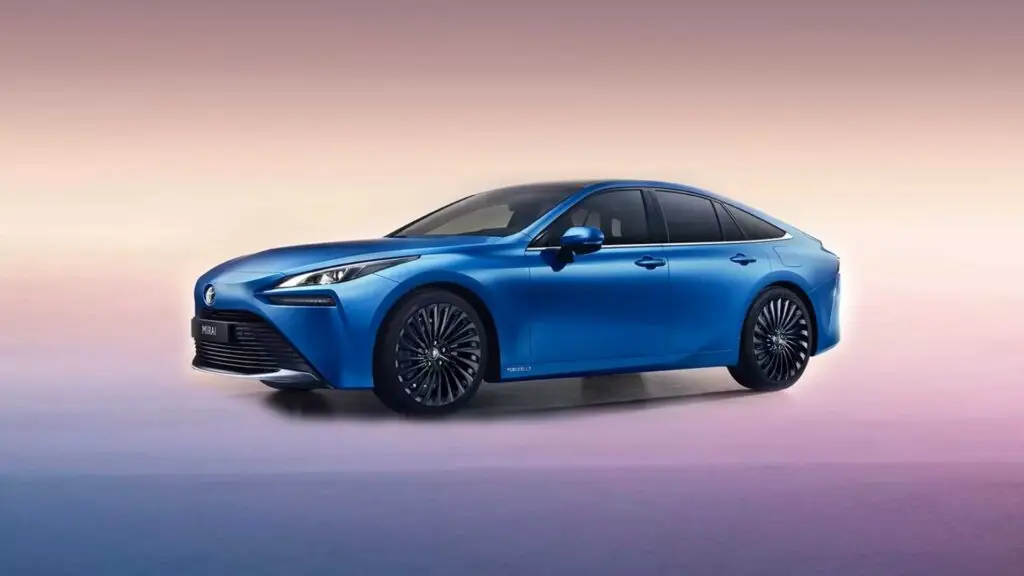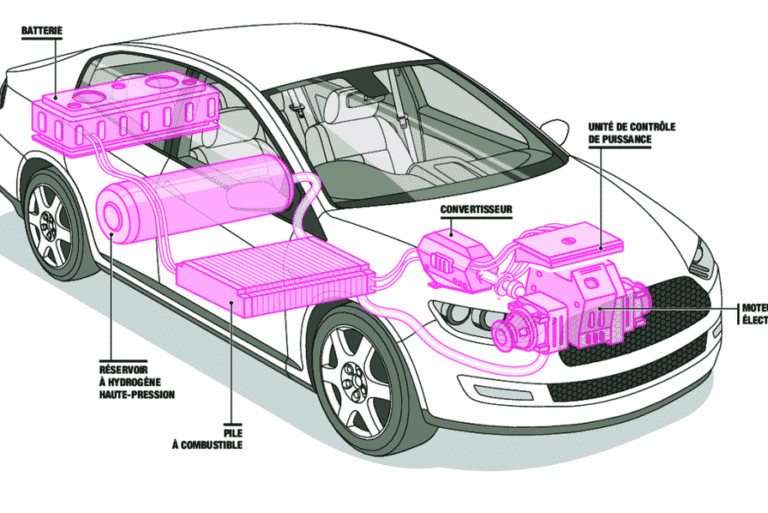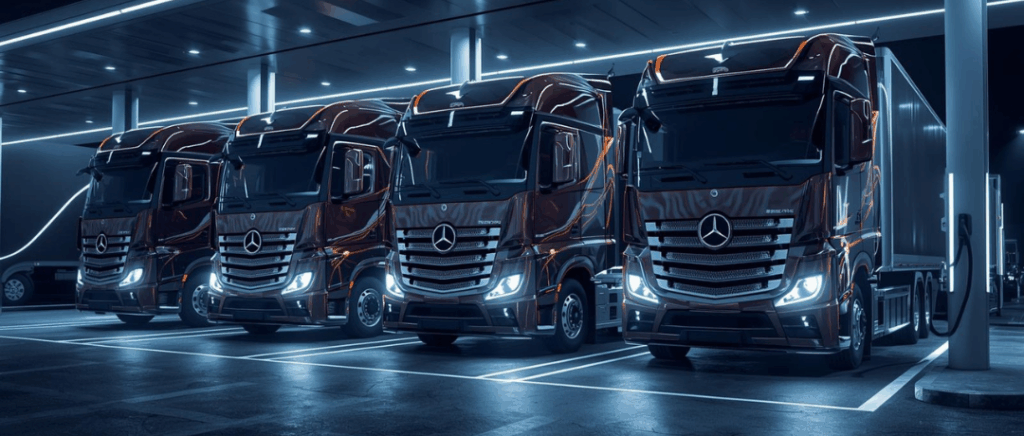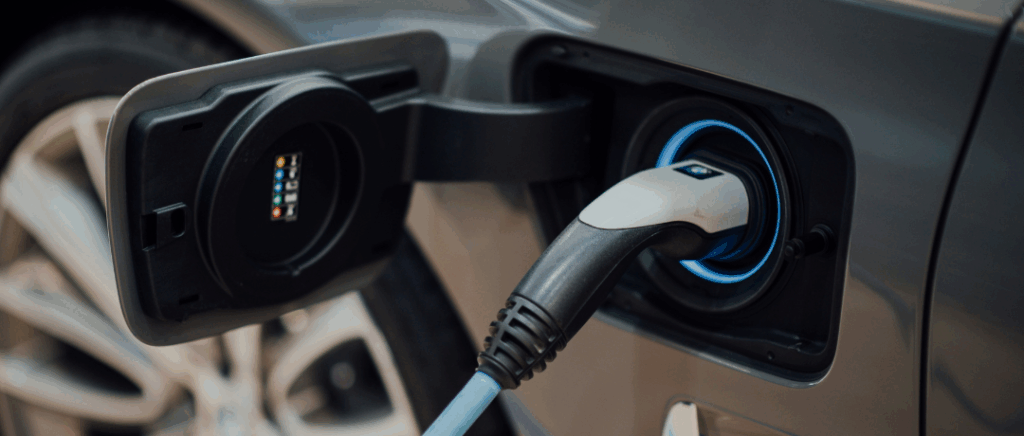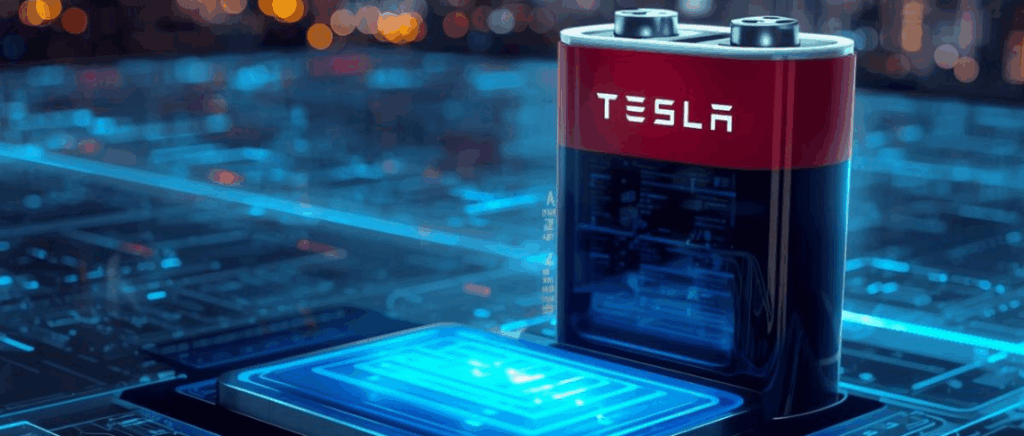Monday to Friday 9am - 12.30pm - 2pm - 7pm
Electric or hydrogen cars: how do they work?
With the democratisation of electric cars, most people now know what an electric car is. However, it's not always clear how they work.
The electric car runs on an electric motor powered by a battery. battery. Thanks to a magnetic field created by the electric current, this electric motor transmits a movement to the rotor that is transmitted directly to the wheels, making a gearbox completely unnecessary. Unlike internal combustion vehicles, it has no internal combustion engine and uses electricity rather than petrol as its fuel. As it does not burn fossil fuels, it does not produce any pollution, making the electric car an environmentally friendly alternative to fossil fuels. clean vehicle.
But what exactly is a hydrogen-powered car? Thanks to its fuel cell, the hydrogen-powered car also has the following advantages characteristics comparable to electric cars. In fact, it also runs on a motor powered by electricity. What distinguishes it from an electric vehicle is the source of the electricity. The technology used transforms hydrogen with oxygen from the air to generate electricity while the vehicle is in use.
The vehicle's electricity supply is provided by a fuel cell internal combustion. It produces electricity through a chemical reaction between hydrogen and the oxygen in the air, producing water vapour and electricity to power the engine.
Until 31 December 2022Discover the range of electric vehicles available for delivery before Christmas!
Is hydrogen an environmentally-friendly fuel?
Basically, the use of a hydrogen engine does not pollute. As explained above, it only emits water. According to some, hydrogen is even the energy of the future. But not according to the latest reports in the press, particularly after an investigation by the NYT.
Indeed, Hiroko Tabuchi (journalist for the New York Times) revealed some information in an article published last August. In it, hydrogen is said to have more disadvantages than expected. To understand this, you need to know that there are currently 3 'types' of hydrogen. What makes these 3 types is the way in which the hydrogen is harvested.
- Firstly, the most problematic hydrogen. Hydrogen harvested from natural gas. To understand this, you need to know that harvesting hydrogen requires a great deal of energy. As a result, a huge amount of CO2 is released into the atmosphere.
But that's not all! It also releases methane, a highly polluting gas that contributes significantly to the greenhouse effect. It's important to remember that large quantities of methane are already released into the air as a result of the many cattle farms. In fact, methane is released as a result of the defecation and flatulence of cows. Yes, you've got it right, when a cow farts, it pollutes. This is one of the reasons why the food industry is one of the most polluting.
- Then there's blue hydrogen. This is supposed to be a little more environmentally friendly than the previous form. What makes this form of hydrogen a little 'greener' is the fact that CO2 is recovered in the transformation process. However, in this process, hydrogen is barely 20% better than fossil fuels such as coal or oil.
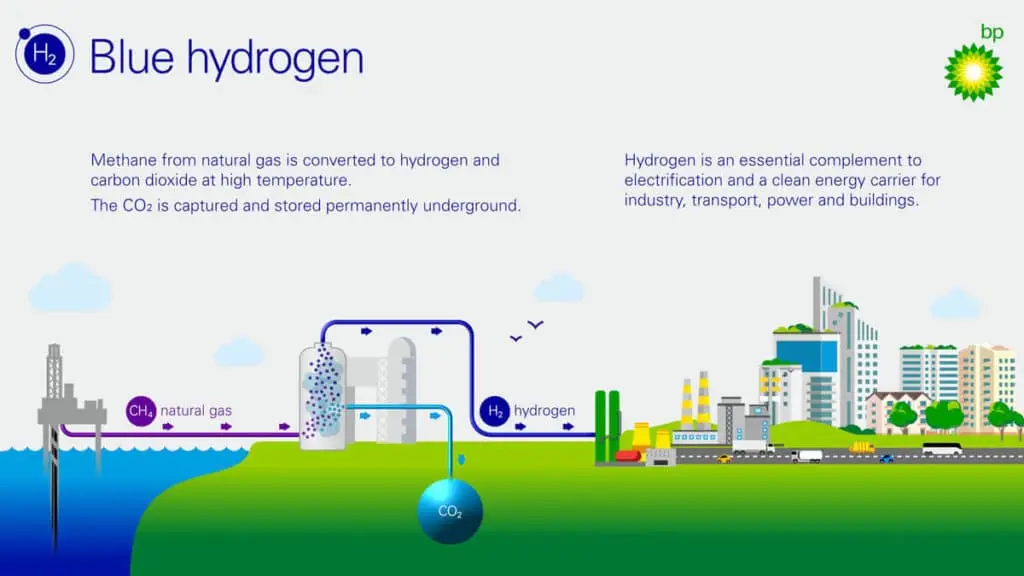
- Finally, there's "green" hydrogen, which emits no CO2 during the entire production cycle. "Great! "you might ask. "All we have to do now is use this source of hydrogen, democratise it and the problem is solved, right? ". And that's where reality catches up with us. This form of hydrogen is the least widespread, with less than 5% of total production on the market.

What's the solution to all these problems?
One of the reasons why the most environmentally-friendly form of hydrogen is not yet sufficiently widespread is that it requires electrolysed water. This processing method requires a huge amount of energy to extract, and therefore a lot of money and investment.
Our current technological resources are not sufficient to extract this source of energy efficiently enough to make it profitable. A great deal of research and development will be needed in the future to ensure that energy is used sustainably.
According to several researchers, says the Times, the solution is to move gradually towards "green" hydrogen. But to do this, we will first have to use hydrogen recovered from fossil fuels, which are the most polluting, as well as blue hydrogen.
The aim of this manoeuvre is to facilitate the energy transition to hydrogen, and thus gradually democratise hydrogen. Once this has been achieved, 'green' hydrogen will be cheaper to extract, making it more profitable for groups to produce it. However, hydrogen extracted from natural gas must account for a very small proportion of total production, otherwise there will be little point.
Scandal in the British hydrogen lobby over blue hydrogen
Recently, a scandal broke within the British lobby following the resignation of its Chairman.
After that, he revealed compromising information about blue hydrogen. He described blue hydrogen as a "costly distraction". He also said that some oil companies had misrepresented the cost of producing blue hydrogen in order to gain access to "billions of pounds of subsidies".
These same oil companies are putting the spotlight on blue hydrogen so that we still need fossil fuels, even during this energy transition.
As a reminder, blue hydrogen runs on fossil fuels from which hydrogen is extracted. It is reported that only 10 to 15 % of the carbon dioxide released is captured, which is very little. In other words, ecology is clearly not their primary motivation.
Electric or hydrogen cars: recharging infrastructure
At 1 September 2019, France had 27,661 recharging points for electric vehicles. With a number of infrastructure projects under development across France, this has led to an increase in the number of electric vehicles on the road. 20 % charging stations in France compared with 2018.
The development of the various infrastructures for electric mobility represents an immense cost, which does not allow the players in electric mobility (car manufacturers, charging networks...) to make the transition to hydrogen without jeopardising their long-term future.
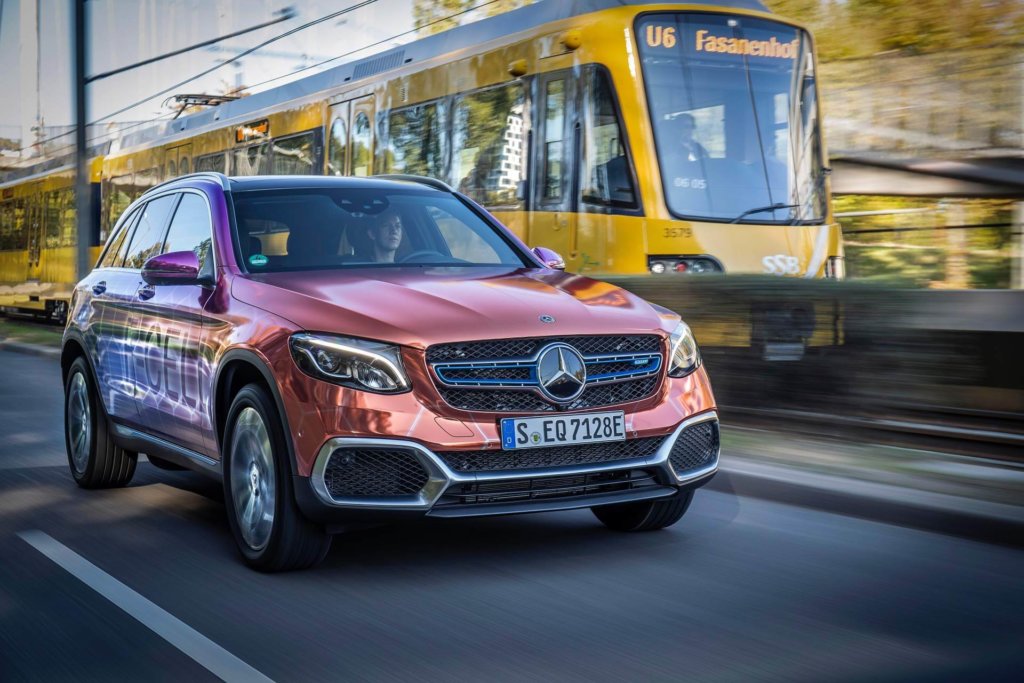
Indeed, with an investment of up to more than 1 million for a hydrogen filling station. When it comes to setting it up, you need to be sure that it is attractive enough to ensure a certain level of profitability. This is why in France there is only one forty or so hydrogen stations.
For electric vehiclesdeployment is and remains less expensiveAll the more so with the introduction of state subsidies to encourage its development.
Read also : Support for installing a charging point
Electric car or hydrogen : autonomy and recharge time
Although the technology is being refined day by day, hydrogen is still far superior to electric cars in terms of range and recharging time.
Electric cars are perfect for short everyday journeys, but quickly run out of steam once you reach 450 km. For example, the Toyota Mirai now offers a range of up to 600 kilometres and a charge less than 5 minutes where it will take 30 minutes for an electric car to be plugged into a fast socket.
However, the lithium-ion battery is more energy efficient than the fuel cell used in hydrogen vehicles.
The lithium-ion battery has a higher efficiency of 90 %, compared with 40 % for the fuel cell.
What's more, a vehicle hydrogen consumes more energy than an electric vehicle. A hydrogen-powered car needs 1 kg of hydrogen to travel 100 km, which corresponds to 60 kW per hour, i.e. the twice the consumption of an electric car.
In terms of cost of rechargingThe cost of a hydrogen-powered car is also close to that of an internal combustion engine, at €13.6 per 100 km of range, compared with €2 for an electric car, but with a much longer charging time.
Electric or hydrogen car: the advantages
The fuel cell found in hydrogen-powered vehicles offers an interesting proposition and a certain degree of flexibility. alternative to lithium batteries. It's true that there is still a degree of uncertainty surrounding the wear and tear of electric car batteries. Even if they are long-lastingHowever, they are not immune to wear and tear. A number of projects are currently under development with the aim of transforming lithium-ion batteries into emergency generators inside buildings.
However, even if water is the most abundant element on earth, which should be a significant advantage to the use of hydrogen. Hydrogen does not exist in its natural form and therefore needs to be transformed by man. The problem is that this is a very energy-intensive process. 96% of the hydrogen produced in the world comes from fossil fuels.
What's more, the advantage of the electric car is that it is easy to use energy from the grid. That's right, a simple domestic socket will allow you to charge your electric vehicle overnight. This also solves the problem of range and recharging for daily use averaging no more than 450 km. Knowing that, for example, the Tesla Model 3 can achieve a range of up to 560 km on the WLTP cycle.
Still new to the automotive market, hydrogen has yet to reveal all its advantages over its electric rival, and raises many questions about its potential. dethronement of electric car.
Electric or hydrogen car: what's on the market?
For most carmakers, a switch to hydrogen would be unwise given the investment already being made in electric cars.
The Volkswagen group, for example, has invested more than €33 billion over 5 years, the Ford group €11 billion, and the recharging group Enedis has released €350 million to extend the scope of its recharging stations. However, some manufacturers have taken the initiative to secure their place in this market:
- Toyota (Toyota Mirai)
- Hyundai (Honda Clarity)
- Honda (Hyundai Nexo)
They also represent the majority of 12,000 hydrogen-powered vehicles worldwide.
Other models are also planned by various manufacturers. The Renault ZE H2, the Audi H-tron and the Mercedes GLC F-CELL could help hydrogen vehicles to penetrate the European market.
However, the price will remain one of the biggest obstacles to these different models, being more expensive than an electric car due to the cost of building the combustion cells found in hydrogen cars.
Hydrogen-powered cars

The Toyota Mirai and Hyundai Nexo are two saloons that start at €78,900 and €75,600 respectively. These prices are still far too dissuasive, especially with only one car in the range. twenty or so hydrogen filling stations in France.
For individuals, the transition seems difficult at the moment. However, the government's aim is to achieve 52,000 vehicles on the road by 2028, mainly commercial vehicles and heavy goods vehicles. In fact, a number of towns in France are launching various plans to set up a network of urban transport equipped with hydrogen.
On the electric carIn recent years, the global market has seen an increase in the number of cars on offer. Not least thanks to ever-increasing pressure on the taxation of combustion engine cars. France ranks third in Europe in terms of electric car registrations.
Electric or hydrogen car: summary
Faced with electric vehicles, hydrogen will have to find players prepared to invest as much as they have in electric vehicles if it is to secure a significant place in the market and catch up. Indeed, its credibility is often called into question when compared with electric vehicles, and for the time being, hydrogen is not a competitor that can jeopardise electric power...
Hydrogen-powered cars would certainly be very advantageous in times of oil crisis, and their range and longer charging time than electric cars also give them an initial advantage. However, with a higher purchase price, more expensive fuel and a lack of infrastructure due to the difficulty of setting up, hydrogen cars are finding it hard to convince people. Nevertheless, they can be perceived as reassuring by some motorists, thanks to a certain similarity to combustion engines, particularly in terms of charging time. Hydrogen-powered cars are still not viable for private customers.
On the other hand, for professionals able to bear the cost of hydrogen-powered vehicles, the fuel cell is still an attractive option, thanks to its range and its ability to store energy in the heavy vehicles (buses, lorries, etc.).
